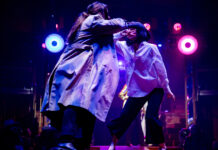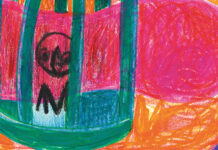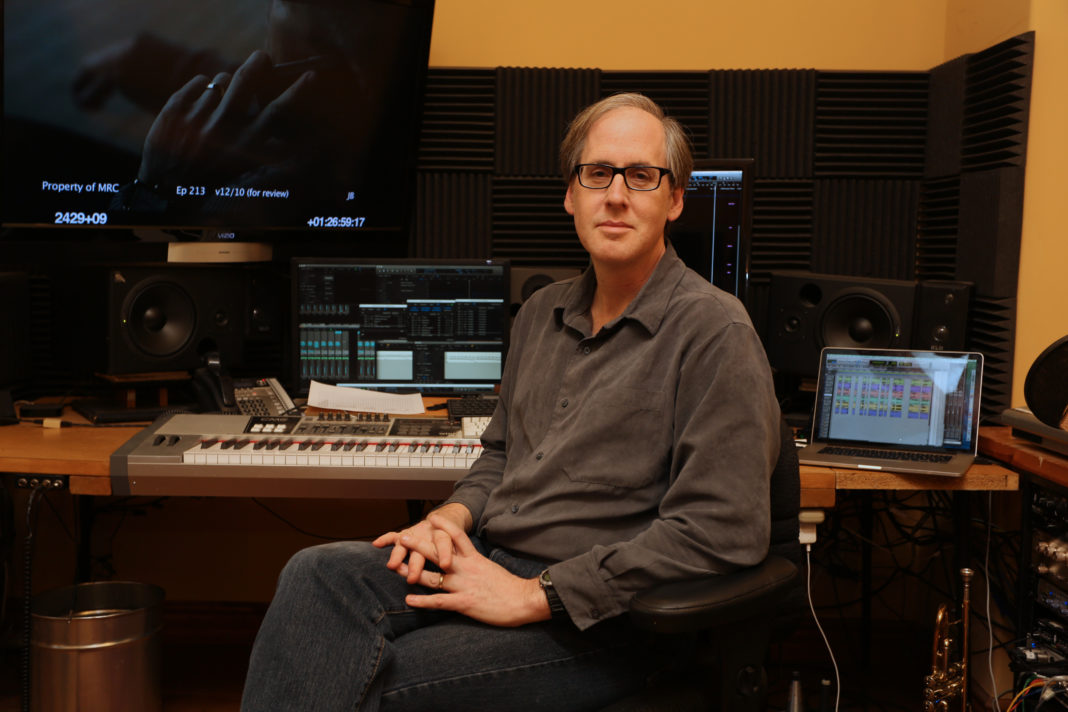In a world where CGI dictates story more often than not, it’s refreshing to get the chance to see a film that relies on the simple act of great storytelling. Come to think of it, if it were that simple perhaps there wouldn’t be so many sequels and remakes.
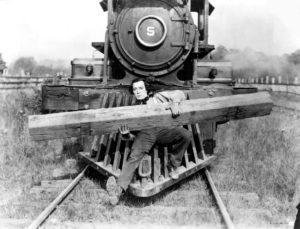
Silent film star Buster Keaton knew how to tell a story. Widely considered to be amongst his greatest achievements is The General. Released in 1926, this Civil War story has enchanted audiences for over 90 years with its story of one man’s daring pursuit of a locomotive through enemy lines.
Jeff Beal, a five-time Emmy Award winning composer (best known for House of Cards), has written a new score for Keaton’s masterpiece. The Los Angeles Chamber Orchestra will be playing this score live with the movie under Beal’s direction at the Theatre at the Ace Hotel on Saturday.
I recently asked Beal about his work on this film.
When Clyde Bruckman (co-director/co-writer) and Buster Keaton made the film, they did not have an orchestral score in mind to accompany the film. What challenges do you face in not tilting the balance of the movie by adding an orchestral score?
Film history has been very kind to The General, which was commercially and critically unsuccessful in its initial release. The breathtaking imagery, photography and grand scale of the action of this great train chase benefits from an immersive orchestral score. My score isn’t so much nostalgia, but an attempt to make the film play for a modern audience. Much of what Buster Keaton does as an actor was ahead of his time, his use of deadpan and dry humor, and lack of affectation.
There have been other scores written for the film. What was your angle into the film and how does this score different from previous scores for The General?
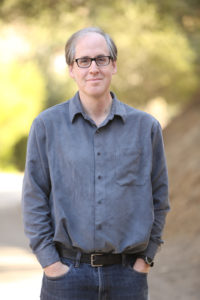
My goal at the outset was to compose it almost as a symphony to the film. That is to say the level of thematic development and connections are structured in a way to create a sense of the sweep and emotions in the film. A modern audience, these days, has a very heightened sense of music. I didn’t want to write “down” to them or the movie.
Usually a composer has a collaboration with a director. Absent that, what “direction” did you get directly from the film itself? Did you do other research about Keaton and his work on the film?
I originally went to the Motion Picture Academy [library] to see what they had. There were some wonderful stills, new articles, production budgets, etc. But yet, the film itself is often the director and speaks to you after you live with it and study it.
Buster Keaton could make us laugh, but he also had a face that could break your heart. How does the persona of Keaton impact the modern day perception of his performance in this, or any other, film?
Exactly! There is such great range of emotion in his acting. I love working around a great actor’s performance. I did my original work on the symphonic version when I was scoring Monk starring Tony Shaloub and I saw immediate parallels between that character (tragic/comic) and what Keaton created with this lovable conductor Johnny Gray. I spend a lot of time studying their performance, trying to see what I can highlight for the audience, without getting in their way.
This score was commissioned by Florida State University. Looking back on the score are there things you wish you could change? Or did change?
The main change was the size of the orchestration. My original version is for full symphony orchestra, and I created a more intimate orchestration of the piece. I’m excited to see how this works; there is a certain charm to the idea of a traditional “theater” sized orchestra, which silent movie houses in the big cities would have versus a pianist.
In your opinion, what relevance does The General have today?
I think it’s a very pertinent film in some ways. It’s very much in the tradition of war satire films. It’s hard to imagine films like M*A*S*H, Three Kings, or Life is Beautiful, without The General preceding them. The Civil War, at the time of its making (1926), was not the distant memory it is today. Using satire to deflect the tragedy and absurdity of combat, is still audacious and refreshing. Our sense of romance and nobility are lacking in the Snapchat age. There is something quite beautiful and refreshing about a love story that commits to the idea of true love, and risking it all for it. I think the reason that works and is timeless is that it is so honest and committed on Keaton’s part, both as actor and director.



